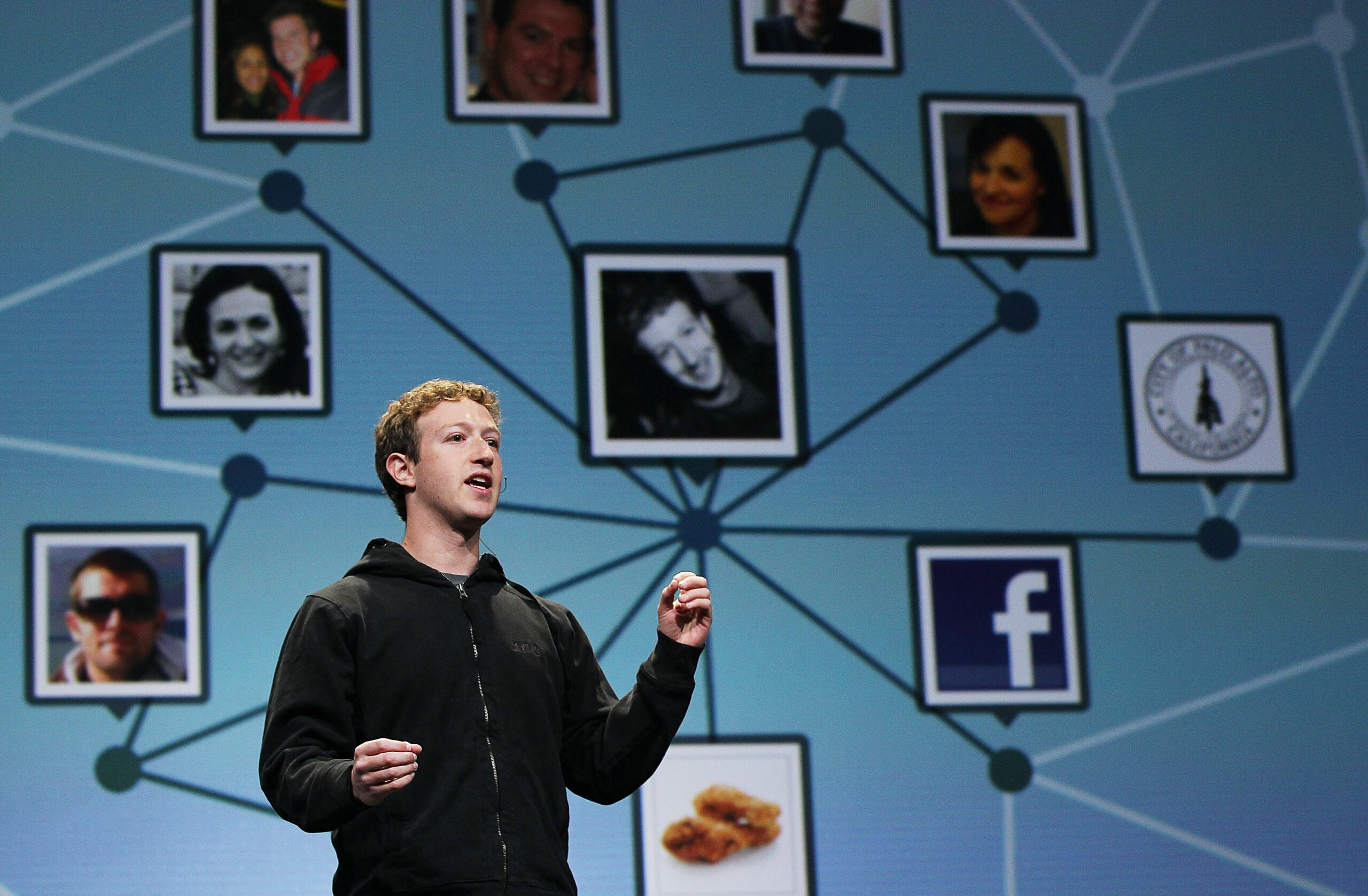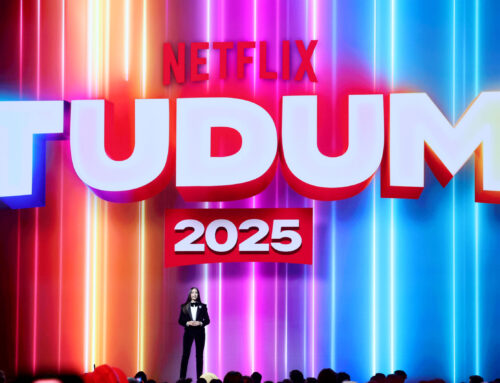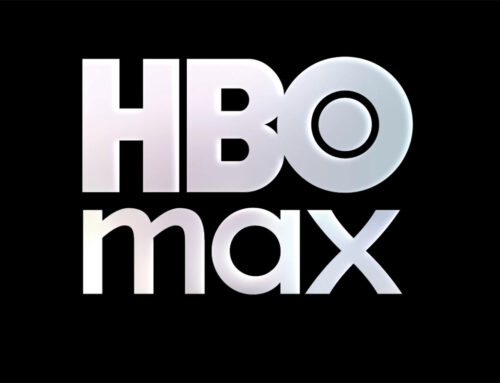Zuckerberg’s Metaverse Gains Momentum, but Not Through VR
Meta’s CEO, Mark Zuckerberg, recently unveiled the highly anticipated Orion AR glasses at the company’s annual Meta Connect event, a major step forward in the social technology corporation’s ambitions. While virtual reality (VR) has long been their main focus, it is now augmented reality (AR) that is gaining traction, signaling a shift in the company’s strategy for its metaverse vision. Zuckerberg aims to boost the momentum by engaging developers and improving the current generation of Ray-Ban Meta smart glasses, targeting the 2024 holiday season. The company also plans to integrate technology from Orion into other consumer products, like its Quest VR headsets.
The excitement around Orion follows a rollercoaster period for Meta. After a rough 2022, during which the group lost nearly two-thirds of its value and laid off 21,000 employees, it has rebounded. Its stock has surged nearly 60% in 2024, demonstrating the enduring strength of its online advertising business, especially following the integration of generative AI tools that make it easier for brands to create campaigns.
However, translating this digital advertising success to the metaverse remains a challenge. Facebook’s parent company’s investment in VR dates back to its $2 billion acquisition of Oculus in 2014. Since then, the tech giant has funneled over $63 billion into Reality Labs, its AR and VR division, but with little to show in terms of revenue. In the second quarter of 2024, Reality Labs brought in just $353 million—less than 1% of Meta’s total sales—and industry-wide sales of AR and VR headsets have been declining.
Zuckerberg remains committed to this “very long-term bet” acknowledging the irritation of early shareholders. “I understand the discomfort a lot of stockholders have with it because it’s just outside of the model of most long-term investors” he said in July 2023.
Orion could change the narrative. It’s a decade-long project that has finally reached a stage where it can be showcased to the public. The Silicon Valley titan hopes to launch a consumer version within two years, although the timeline is ambitious. As Meta prepares to court developers for Orion apps, the group is also planning the release of the fourth generation of its Llama AI models, which could assist in building AR experiences.
The social media giant’s push into AR is already seeing success with its Ray-Ban Meta smart glasses. Released in collaboration with EssilorLuxottica in late 2023, these glasses became a viral hit on TikTok, exceeding sales expectations. Over 730,000 units were sold in the first three quarters of 2024. Soon a bulkier, third-generation version of these smart glasses will be released, in time for the holiday season, which is expected to include new features like a display in one lens. Though still facing obstacles, including the complexity of mass production and securing rare materials, Meta is optimistic.
Orion, despite being years away from reaching mass markets, is a promising step in the quest to dominate the metaverse. “This is a glimpse of a future that I think is going to be pretty exciting” Zuckerberg said, as he introduced the new AR glasses to the world.
The digital reality innovator’s meta-journey is far from over, but with AR technology finally gaining traction, the company might be closer than ever to making its futuristic vision a reality.
Source: CNBC
Share:
Meta’s CEO, Mark Zuckerberg, recently unveiled the highly anticipated Orion AR glasses at the company’s annual Meta Connect event, a major step forward in the social technology corporation’s ambitions. While virtual reality (VR) has long been their main focus, it is now augmented reality (AR) that is gaining traction, signaling a shift in the company’s strategy for its metaverse vision. Zuckerberg aims to boost the momentum by engaging developers and improving the current generation of Ray-Ban Meta smart glasses, targeting the 2024 holiday season. The company also plans to integrate technology from Orion into other consumer products, like its Quest VR headsets.
The excitement around Orion follows a rollercoaster period for Meta. After a rough 2022, during which the group lost nearly two-thirds of its value and laid off 21,000 employees, it has rebounded. Its stock has surged nearly 60% in 2024, demonstrating the enduring strength of its online advertising business, especially following the integration of generative AI tools that make it easier for brands to create campaigns.
However, translating this digital advertising success to the metaverse remains a challenge. Facebook’s parent company’s investment in VR dates back to its $2 billion acquisition of Oculus in 2014. Since then, the tech giant has funneled over $63 billion into Reality Labs, its AR and VR division, but with little to show in terms of revenue. In the second quarter of 2024, Reality Labs brought in just $353 million—less than 1% of Meta’s total sales—and industry-wide sales of AR and VR headsets have been declining.
Zuckerberg remains committed to this “very long-term bet” acknowledging the irritation of early shareholders. “I understand the discomfort a lot of stockholders have with it because it’s just outside of the model of most long-term investors” he said in July 2023.
Orion could change the narrative. It’s a decade-long project that has finally reached a stage where it can be showcased to the public. The Silicon Valley titan hopes to launch a consumer version within two years, although the timeline is ambitious. As Meta prepares to court developers for Orion apps, the group is also planning the release of the fourth generation of its Llama AI models, which could assist in building AR experiences.
The social media giant’s push into AR is already seeing success with its Ray-Ban Meta smart glasses. Released in collaboration with EssilorLuxottica in late 2023, these glasses became a viral hit on TikTok, exceeding sales expectations. Over 730,000 units were sold in the first three quarters of 2024. Soon a bulkier, third-generation version of these smart glasses will be released, in time for the holiday season, which is expected to include new features like a display in one lens. Though still facing obstacles, including the complexity of mass production and securing rare materials, Meta is optimistic.
Orion, despite being years away from reaching mass markets, is a promising step in the quest to dominate the metaverse. “This is a glimpse of a future that I think is going to be pretty exciting” Zuckerberg said, as he introduced the new AR glasses to the world.
The digital reality innovator’s meta-journey is far from over, but with AR technology finally gaining traction, the company might be closer than ever to making its futuristic vision a reality.
Source: CNBC









